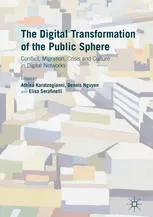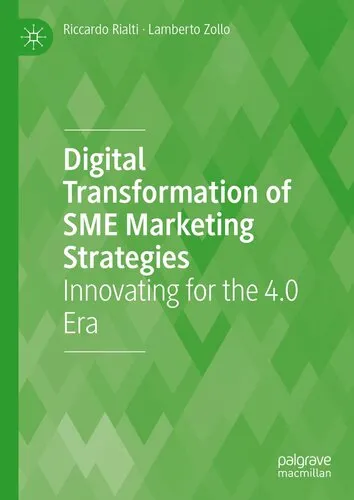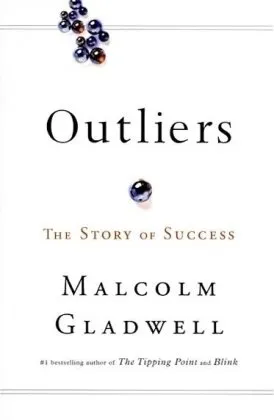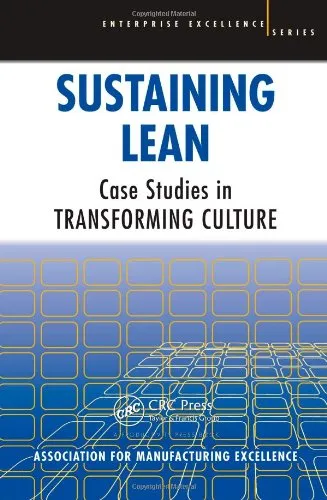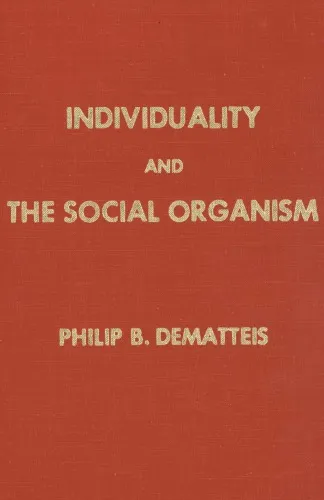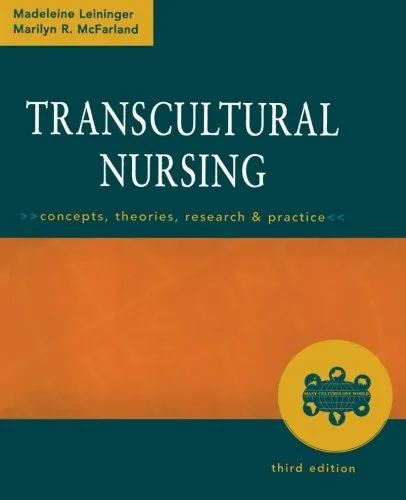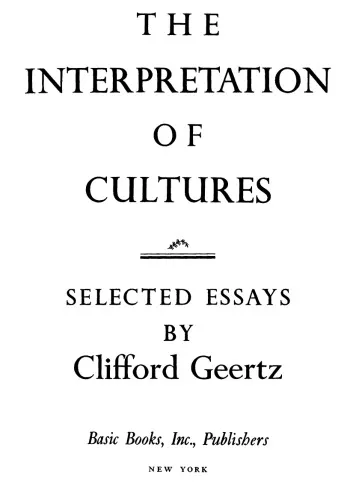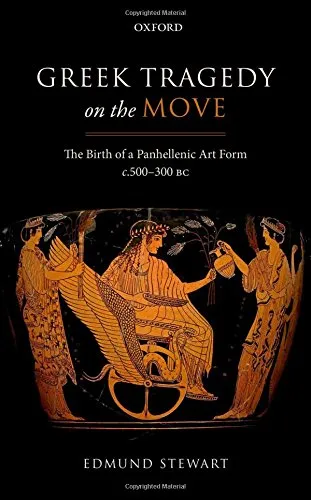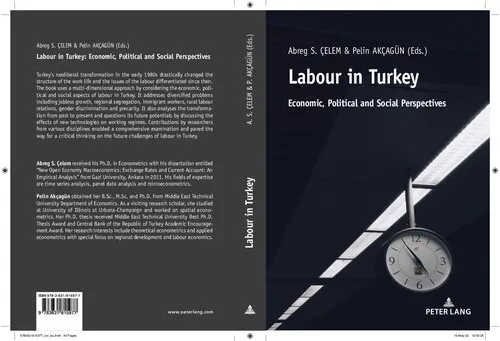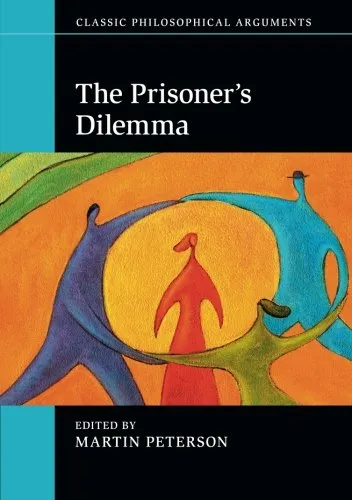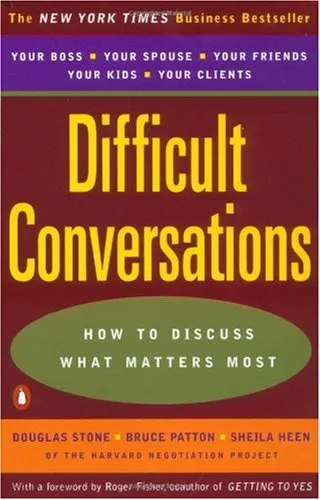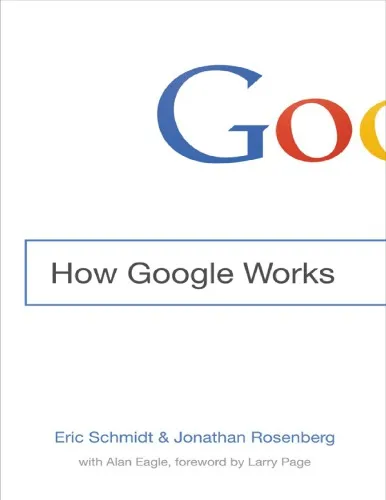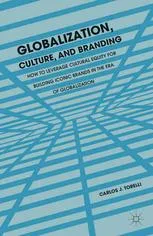The Digital Transformation of the Public Sphere: Conflict, Migration, Crisis and Culture in Digital Networks
4.5
Reviews from our users

You Can Ask your questions from this book's AI after Login
Each download or ask from book AI costs 2 points. To earn more free points, please visit the Points Guide Page and complete some valuable actions.Related Refrences:
Introduction to "The Digital Transformation of the Public Sphere: Conflict, Migration, Crisis and Culture in Digital Networks"
"The Digital Transformation of the Public Sphere" examines the evolving dynamics of how digital technology reshapes our societal conversations, global conflicts, migration narratives, and cultural discourses. Edited by Athina Karatzogianni, Dennis Nguyen, and Elisa Serafinelli, this book offers a deep dive into the intersections of networked media, public debates, and the digital transformation's impact on contemporary society. Through thematic analysis of conflict, crisis, and culture, this work provides a critical understanding of how digital networks redefine the public sphere, both as a platform for dialogue and a battleground for ideological and political confrontations.
Detailed Summary of the Book
The book explores the role of digital technologies in shaping the modern public sphere, focusing on four interconnected themes: conflict, migration, crisis, and culture. The public sphere, previously conceptualized as a space for rational discourse and democratic decision-making, has undergone a seismic transformation due to the rise of digital platforms. These technologies have amplified voices, decentralized communication, and introduced complex dynamics that blur the boundaries between information, activism, and propaganda.
Each chapter examines a specific aspect of this transformation, offering insights based on interdisciplinary approaches, ranging from media studies to political science and sociology. From the digital activism of grassroots movements to the role of algorithms in shaping public opinion, the contributors provide case studies and empirical data to assess the evolving implications of digital networks.
Contentious debates surrounding migration and identity also take center stage, highlighting how online platforms both empower marginalized voices and fuel polarizing narratives. Similarly, the book delves into how digital tools have been instrumentalized during crises—be it natural disasters, political upheavals, or humanitarian challenges. Ultimately, this work underscores the need to critically evaluate the digital transformation of the public sphere, balancing its democratic potential with the risks of misinformation, surveillance, and fragmentation.
Key Takeaways
- Digital technologies have revolutionized the public sphere, introducing new opportunities for dialogue but also increasing polarization, echo chambers, and misinformation.
- Conflict and crises are now mediated through digital networks, where narratives are shaped in real-time, often with far-reaching societal implications.
- The digital realm offers a platform for marginalized communities but is also exploited to spread propaganda and sow division.
- The intersection of migration, identity politics, and digital platforms highlights the dual role of technology as both a disruptor and an enabler for marginalized voices.
- Understanding the digital transformation of the public sphere is vital for addressing its challenges, from algorithmic biases to the commodification of discourse.
Famous Quotes from the Book
"The digital public sphere is neither inherently liberating nor inherently oppressive; its power lies in its ability to amplify human agency, for better or for worse."
"Digital networks do not just inform public debate—they actively construct the frameworks within which public understanding of crises and conflicts unfolds."
"Connectivity is not synonymous with inclusion; rather, the digital divide reveals itself in new and ever-evolving forms."
Why This Book Matters
In an era where digital technologies shape nearly every facet of human interaction, this book serves as a critical resource for scholars, policymakers, and citizens alike. By unpacking the complexities and contours of the digital public sphere, it urges readers to think critically about what is at stake in the tension between liberation and control.
As digital platforms become the primary arenas for public conversation, the integrity of democratic discourse depends on informed discussions and research. The book provides invaluable context for understanding the challenges of misinformation, the potential for algorithmic manipulation, and the ethical dilemmas of digital engagement.
Furthermore, with its focus on urgent global issues—migration, identity, conflict, and cultural shifts—this work emphasizes the necessity of addressing digital inequalities and fostering inclusion. It provides a balanced narrative that does not shy away from identifying the risks inherent in the digital transformation of our public lives while acknowledging its capacity for fostering innovation, creativity, and justice.
Free Direct Download
You Can Download this book after Login
Accessing books through legal platforms and public libraries not only supports the rights of authors and publishers but also contributes to the sustainability of reading culture. Before downloading, please take a moment to consider these options.
Find this book on other platforms:
WorldCat helps you find books in libraries worldwide.
See ratings, reviews, and discussions on Goodreads.
Find and buy rare or used books on AbeBooks.
1253
بازدید4.5
امتیاز50
نظر98%
رضایتReviews:
4.5
Based on 0 users review
"کیفیت چاپ عالی بود، خیلی راضیام"
Questions & Answers
Ask questions about this book or help others by answering
No questions yet. Be the first to ask!
